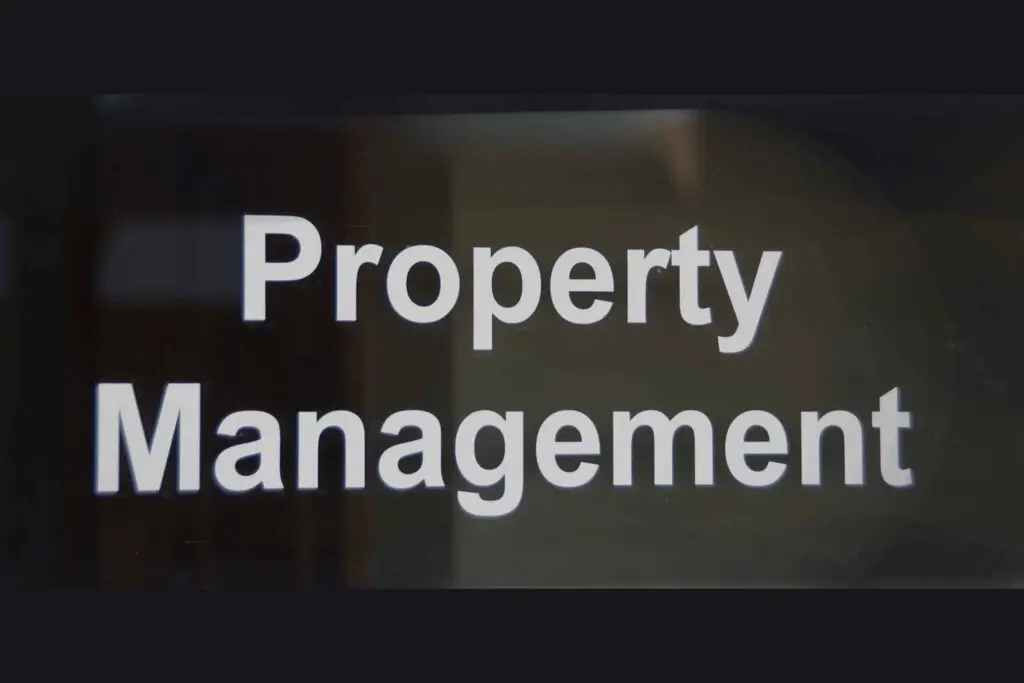Residential real estate investments offer high profitability but typically call for significant capital investment upfront. Achieving such goals requires obtaining financial support for most investors.
Here, we will aim to provide an extensive guide on how to obtain the finance needed for residential projects. From understanding different funding options available to creating compelling investment proposals, in this blog we will cover all the essential aspects important in securing necessary financing.
Assessing Funding Needs
Before seeking financial assistance, it is critical to first accurately assess your exact funding requirements. Start with evaluating all project expenses – including acquisition fees, renovation costs, and operational expenses – determine the overall amount of required funds and its intended purpose, so you can explore relevant financing options further.
Traditional Financing
Bank loans or mortgage loans are typically used by most residential real estate investors as a traditional financing option today. When it comes to funding real estate projects, there are a variety of options available.
Many of these options require a good credit score, solid financial history, and collateral. Banks and other financial institutions offer loans tailored for real estate investors including fix and flip loans, buy and hold loans, and construction loans. Before applying for any such loan programs, be sure to explore multiple lenders and compare interest rates and terms to ensure you meet the eligibility criteria. For those seeking an alternative option, private financing may be the way to go.
This may involve borrowing from individuals or private companies rather than traditional financial institutions. Private lenders tend to offer more flexibility in terms of loan terms and eligibility requirements for real estate investors. Building connections within the real estate community may help identify potential private lenders.
Another approach is forming joint ventures or partnerships with experienced investors or developers who can provide both expertise and financial resources to your project.
This option allows you to leverage their experience and resources while benefiting from their knowledge of the market. Joint ventures require clear agreements and legal documentation since they represent an arrangement where both profits and risks are shared among the partners involved. The key is to seek out partners whose vision aligns with yours and complements your skill set. This combination increases the chances of success further down the line. Crowdfunding platforms have transformed real estate investing. Now, with lower capital requirements from individuals, investors are pooling resources together into a single project. This allows them to diversify portfolios effectively in various investment structures such as debt-based or equity-based investments on a platform that best suits their needs after thorough research, evaluations, and track record assessment.
To secure funding, it’s crucial to prepare an investment proposal that showcases potential returns and addresses all possible risks comprehensively by including data such as detailed project descriptions, financial projections market analysis, property appraisals contractor estimates, and permits which will go a long way in convincing the potential investor. So, don’t invest without verifying due diligence on each option available. This helps to examine whether they’re capable of financing the project successfully.
This requires digging into their credibility such as reviewing their track record reputation plus certifications/licenses (if applicable)- and checking provided references. This process helps to establish trust in financial partners who can deliver consistent and reliable services for your needs.
In addition, carefully reviewing all terms & conditions associated with real estate funding agreements is necessary. Evaluating percentages of interest, minimum repayment requirements, and applicable fees/penalties are equally essential before you make your final choice about the best option for you.
When seeking potential funding sources, it is important that real estate investors prioritize strategies aimed at mitigating risk factors.
Thorough market research should be conducted to gain a comprehensive understanding of local real estate trends including supply/demand dynamics as well as identifying any potential risks associated with investment opportunities. Effective risk management techniques such as implementing proper insurance coverage and developing contingency plans for unexpected events like budget overruns or downturns in the marketplace (while maintaining reserve funds) will help instill confidence within stakeholders when considering offering financial support.
Continuous learning about regulatory changes, emerging financing methods, and industry trends is vital in the constantly evolving real estate industry. Real estate investors must ensure that they remain updated with these changes through resources such as books, podcasts, webinars, and seminars related to real estate investing and funding so as to adapt effectively.
To secure the necessary capital, identify how much financial support you need by evaluating the costs associated with bringing your project to fruition. After evaluation, explore various financing options available including traditional bank loans, private lenders or crowdfunding platforms.
Once a suitable financing option has been identified, create an investment proposal that makes this venture attractive. A persuasive proposal must demonstrate that you understand both risks/opportunities associated with this particular project while offering an attractive ROI for investors/lenders. It’s important to have a solid understanding of real estate trends in framing these proposals. Before securing any funding deal, ensure due diligence is conducted thoroughly so that there are no surprises down the line. Ensuring clear communication upfront can prevent misunderstandings from occurring during execution stages; hence consider terms carefully before getting into any agreement(s).
Finally, the key is to build strong relationships with lenders/investors throughout each stage of residential real estate investing is to be proactive about learning industry trends and adapt to market conditions through persistence while pursuing your funding goals!
Planning to invest in residential real estate projects? Stay tuned to our mini-series of blogs to explore more about real estate funding options.
To know more about real estate investment, you can call us at +1 281 -335 6455 please or email us at – investments@elysiumrei.com. We can also schedule a FREE phone, zoom, and or In-Person consultation.
We’d be delighted to speak with you regarding our investment product and how you can benefit from real estate exposure in your investment portfolio to generate a completely passive stream of income. If you have any questions or would like to discuss things further, please contact the team or book a call HERE.
LEARN TO INVEST WITH US.
We accept queries from accredited domestic and foreign investors seeking single and small multifamily investment opportunities.









